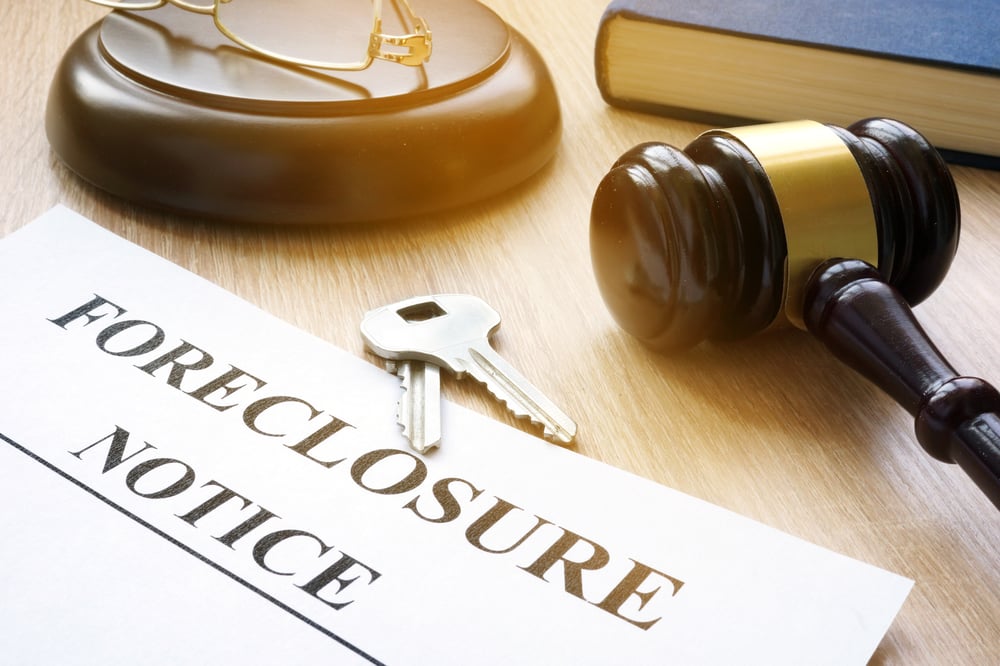When a property involves a deed of trust or mortgage, a rents and profits receivership may be needed for legal enforcement.
What is a Rents and Profits Receivership?
A rents and profits receiver is a court appointee who takes control of a property as collateral while a foreclosure or legal action is pending. This is usually at the request of a secured creditor with a financial interest in the situation.
In this type of receivership, the receiver serves in a protective role and may conduct activities such as collecting rents, preserving the property, and generally maintaining the status quo. As such, they have the right to take control of the property for the purpose of protecting it until the conclusion of the legal action.
The receiver should be qualified and experienced in the court-ordered management of distressed property assets. Receivers play unique roles in legal disputes and must take their neutral third party role seriously as a representative of the court.
When is a Rents and Profits Receivership Needed?
In a typical situation, the conditions in the deed of trust or mortgage between the borrower (property owner) and lender are not being met. The most common breach is a failure by the borrower to keep up with mortgage payment obligations.
Upon appointment at the request of the lender, the court-appointed receiver takes control of the subject property–the collateral under the deed of trust–to maintain the status quo while the lender and its counsel proceed with likely foreclosure proceedings. To understand the arrangement, keep in mind that the actual rents and profits related to a property are considered part of the collateral under the terms of the loan agreement. Therefore, the receiver is authorized to collect the rents from third party tenants and hold in the receivership account or deliver to the lender towards the satisfaction of defaulted mortgage payments.
The rents and profits receiver is responsible for the custody and control of the property. Empowered under a court order, the receiver may take actions such as:
- Paying property taxes
- Collecting rents
- Handling insurance payments
- Curing health and safety hazards
- Monitoring, paying, or making adjustments to operating expenses
- Ensuring the property complies with building and housing codes
As they are charged with preserving the value of the property and curtailing potential losses before they progress, the receiver will keep this primary goal top-of-mind as they consider taking the actions listed above. The receiver may ultimately be authorized to sell the property after final approval from the court.
For More Information About Rents and Profits Receiverships
Are you involved in a real estate dispute or are you concerned about preserving the value of a mortgaged property? Before the situation worsens, contact Griswold Law to discuss your legal options.
Griswold Law has been appointed as a receiver or partition referee more than 150 times by courts across California to take control of disputed and/or distressed properties and businesses. To learn more or to schedule a consultation with us, please contact Griswold Law.



